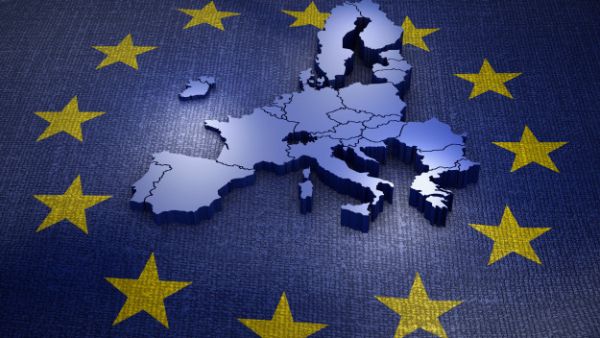Many think of Frankfurt as the financial centre of the EU and, therefore, as its economic beating heart. One can also say the same about our national capitals and two or three of the largest cities in every Member State. Indeed, most Spanish wealth is concentrated in Madrid and Barcelona. But does the future of the EU depend solely on them?
We, the Socialists and Democrats, are convinced that this is not – and cannot be – the case. In fact, Spain will be a successful society when we unlock the entire potential of our nation – from Madrid to the outermost regions like the Canary Islands and the rural areas of Murcia. The same most certainly applies to the EU – from Frankfurt to the northernmost regions of Finland and the areas hit by the climate emergency we live in, in particular the villages and small towns suffering from devastating fires and floods in Poland, Croatia and Greece.
The EU was born as a project with a social heart. Thus, it was able to convince its citizens that it was not something abstract, but on the contrary – something of great benefit to each one of them personally. First – from the ruins of the Second World War and once again – after the end of the Cold War. One of the best incarnations of all of this was and remains the cohesion policy. Millions of Europeans found jobs in SMEs supported by cohesion funds, children have been able to stay in schools, lives were saved in hospitals built with money from cohesion policies and people used EU infrastructures improved with these means to go to these schools and hospitals.
The European Commission has recently published its 9th report on economic, social and territorial cohesion, giving us an opportunity to take stock and summarise the key factors with regards to this great European policy.
First of all, we have to say it aloud: don’t kill cohesion policy! Some groups on the right of the EU political spectrum are openly putting into question the need for this major investment instrument. Worse – on top of this – comes the worrying trend of taking money for other legitimate and pressuring needs which our Union faces. It is true that the economic recovery from the pandemic, the energy crisis and all other consequences from the Russian invasion in Ukraine undoubtedly require the use of EU money. However, for the S&D Group this cannot – as a rule – be done at the cost of depleting cohesion funds aimed at investment for the future. As a matter of fact, this is the first place the policymakers from the right think about when it comes to finding money to tackle every major crisis we face. This is partly due to the mistaken traditional belief that cohesion policy is a saving policy for some Member States and an expenditure policy for the rest. An example of a win-win situation for Polish workers and Bulgarian citizens: it is true the new trams in Sofia have been funded from the European Regional Development Fund. But it is also true that these trams have been manufactured and delivered to Sofia by a Polish company in the city of Bydgoszcz.
Second, should we continue with GDP as the sole indicator as to whether a region needs EU money for its development? This is a question we have to discuss for the future of cohesion policy. On top of GDP, should we also define a set of indicators taking into account socio-economic aspects like unemployment rate, education level and access to healthcare? And what about adding climate and environmental aspects such as how much a region is exposed to the effects of climate change and what are its adaptation needs to this change? Our regions differ greatly and so do their needs; leaving it all based exclusively on GDP might not be the best solution in the future.
Third, it is often the case that the metropolitan areas of major European capitals are surrounded by vulnerable areas with weak socio-economic indicators. These are what we call intra-regional disparities. This issue must be addressed by the future cohesion policy through the mobilisation of economic potential everywhere and the creation of quality jobs.
Forth, what about greater involvement of local and regional governments in deciding, implementing and monitoring the use of the funds? This would be a better way to invest smarter, increase the absorption of EU funds and bring the result closer to the real problems of citizens.
Fifth, the pressuring issue of depopulation. Cohesion policy must invest in human capital; ensuring people’s right to stay in their regions, thus balancing growth among EU regions. Providing connectivity such as high-speed internet connections, including in mountainous and rural areas, is of key importance. After years focusing our efforts in urban areas, it is now time to widen the focus and give the Territorial Agenda 2030 for the EU a relevant role, as demanded recently by the European Parliament.
All these questions have been put on the table. The Socialists and Democrats have the answers, and we believe that leaving no one behind is not just a slogan. It is a political agenda we are ready to deliver on. If the EU fails in cohesion policy, this would be an unforgivable gift to the far right.
Marcos Ros Sempere is a Spanish Member of the Progressive Alliance of the Socialists and Democrats in the European Parliament. He is the Group’s spokesperson in the EP’s Committee on regional development.












